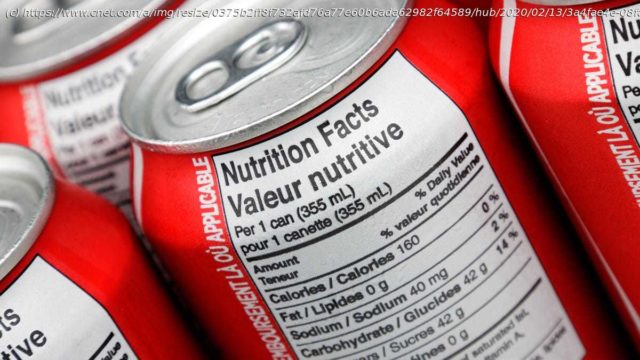Array
Interest in calorie counting goes hand-in-hand with New Year’s resolutions. If you’re looking to « finally get fit » in 2023, it makes sense that counting calories in (and out) would be a good place to start. But there’s some controversy about whether or not calorie counting is a good way to get healthy or lose weight. Some experts argue that counting calories can lead to food restriction beyond what’s healthy and encourage disordered eating. Other experts say that counting calories is an efficient and effective approach to weight loss.
If one thing is for certain, it’s that there’s no « best » approach to health or weight loss. Just like some people thrive on HIIT training while others find fitness through running — and others don’t like structured exercise at all — some people will find success with calorie counting and others will not.
This guide to counting calories covers how it can help with health goals, when it works and when it doesn’t, and exactly how to get started. Plus, here’s our list of the best fitness trackers, the best healthy meal delivery services and the best home exercise equipment.Counting calories for weight loss and weight gain
Weight management is simply a game of calories in and calories out. A calorie is a unit of measurement that describes how much energy a given food or drink has. The same unit of measurement is used to describe how much energy you exert in a day (calories burned).
To lose weight, you must burn more calories than you consume, and to gain weight, you must consume more calories than you burn. If you’re interested in changing your weight one way or the other, you’ll need to create a calorie deficit or a calorie surplus — and to make sure you stay in your desired surplus or deficit, you need to keep track of the calories you eat and burn. You can create the calorie balance you desire by counting the calories you eat and burn.
Say you want to lose 10 pounds over 10 weeks (one pound per week). One pound of body fat is roughly equal to 3,500 calories, though there is potential for variation among individuals depending on the density of body fat and how your body composition changes over time.
Based on the 3,500-calorie estimate, you need to create a calorie deficit of 3,500 calories each week to lose that one pound. You can do this in a few ways:
Reduce your calorie consumption by 500 calories per day
Increase or intensify exercise to burn 500 calories per day
A mix of the two, e.g. reduce your calorie consumption by 250 calories per day and burn an additional 250 calories per day through exercise
The bottom line of all weight-loss programs is a change in your calorie balance through dietary habits and exercise, though that bottom line might be disguised by other tactics, like intermittent fasting or food group exclusions.






